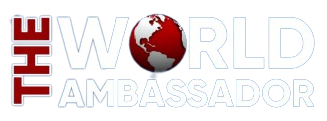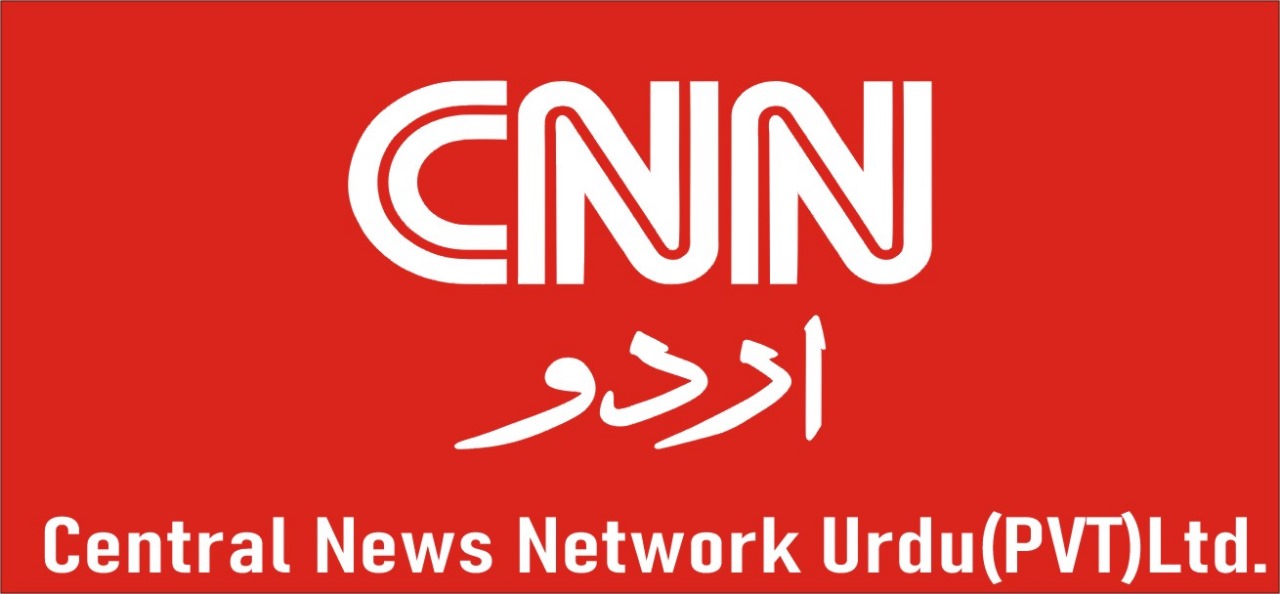By:ABID SIDDIQUE CHAUDHRY
The World Ambassador
______
Islamabad, September 23, 2025 Russian Ambassador Albert P. Khorev held a media briefing on September 23, outlining Moscow’s position on the ongoing Ukraine conflict, recent negotiations, and the international community’s role. Addressing journalists, the envoy highlighted key developments since the last engagement with the press, stressing Russia’s commitment to a diplomatic resolution while criticizing Ukraine and its Western allies for what he described as obstructionist policies.
Renewed Negotiations and Ceasefire Violations
Ambassador Khorev recalled that in May 2025, Russian President Vladimir Putin initiated the resumption of direct negotiations with Ukraine — talks that had been stalled since April 2022. Three rounds of dialogue brought some success, notably in prisoner exchanges, but failed to yield progress on a potential ceasefire.
According to Khorev, Kyiv repeatedly demonstrated unwillingness to commit to even temporary truces, citing violations during the March pause on energy strikes, the Easter truce in April, and the May suspension of hostilities proposed during the 80th anniversary of the Victory in the Great Patriotic War.
“This raises a logical question,” he said, “How does Ukraine plan to observe a complete ceasefire when it cannot honor a limited truce?”
The Question of Ceasefire and Western Aid
The ambassador accused Kyiv and its European sponsors of using ceasefire demands not as steps toward peace but as opportunities to rearm, pointing to an estimated $70.2 billion in Western military and financial assistance since the conflict began.
He drew parallels to the Minsk Agreements of 2015, which he claimed were exploited by Ukraine to strengthen its forces rather than implement peace.
On a Possible Putin–Zelensky Summit
Khorev dismissed speculation over a direct summit between President Putin and Volodymyr Zelensky, calling it a political ploy by the Ukrainian leader, whose presidential mandate expired in May 2024.
“Russia does not want a theatrical performance,” he said. “Lasting peace requires addressing the root causes of the conflict — from NATO expansion to the protection of the Russian-speaking population in Ukraine.”
Achievements in Negotiations
Despite limited success, the ambassador outlined several tangible outcomes from recent negotiations:
-
Prisoner exchanges: Over 1,000 prisoners of war have been swapped since May 2025.
-
Repatriation of remains: Russia transferred the bodies of 6,060 Ukrainian soldiers; 78 Russian soldiers’ remains were also received.
-
Children issue: Khorev said the Ukrainian claim that 19,000 children were abducted was disproven, with negotiations confirming a list of only 339 cases of evacuation.
-
Joint working group: Both sides agreed to form a mechanism for step-by-step ceasefire planning and verification.
Terrorism, Domestic Politics, and Historical Memory
Khorev accused Kyiv of resorting to terrorism, citing attacks on railway bridges in Russia’s Bryansk and Kursk regions that killed seven civilians and injured over 120. He also criticized Ukraine’s recent legislation on historical memory, which bans Soviet symbols and the use of the term “Great Patriotic War,” claiming it glorifies Nazi collaborators and entrenches Russophobia.
According to him, martial law in Ukraine has enabled the rise of an authoritarian system marked by censorship, repression of opposition, and forced mobilization.
The International Dimension and the UN
The ambassador strongly criticized the United Nations Secretariat for what he called “Western bias,” accusing it of selectively applying the UN Charter. He contrasted the UN’s handling of the Ukraine crisis with its muted stance on Middle East issues, including U.S. recognition of Israeli sovereignty over East Jerusalem and the Golan Heights.
He also noted that in 2024, 119 countries, including Pakistan, supported Russia’s UN resolution condemning the glorification of Nazism, while Western states opposed it.
U.S.–Russia Dialogue in Anchorage
Referring to the Anchorage talks between Presidents Putin and Trump in August, Khorev highlighted Russia’s willingness to compromise. He claimed the U.S. administration acknowledged NATO expansion as a cause of the conflict and accepted the results of referendums in Russian-held territories.
However, he accused Kyiv and European allies of sabotaging peace efforts through new funding mechanisms and security assistance structures, while France and Germany continued to push for troop deployments in Ukraine — an option Moscow deems unacceptable.
Russia’s Stance on NATO and Poland
Khorev dismissed European concerns over alleged Russian drones in Polish airspace, calling them “hype” designed to escalate tensions. He emphasized that Russia has no interest in striking NATO states and remains open to bilateral consultations with Poland.
Pakistan’s Neutrality Appreciated
In conclusion, Ambassador Khorev thanked Pakistan for maintaining a policy of neutrality at the UN despite external pressure. He praised Islamabad’s consistent support for a diplomatic solution, aligning it with Russia’s own stance.


